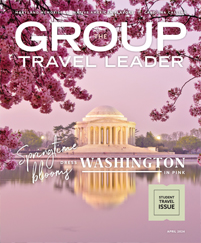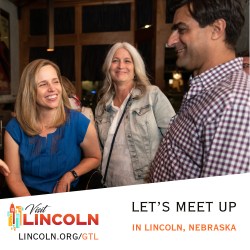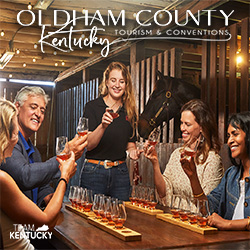Nothing amazing happens by accident.
Sure, there are sometimes unexpected events that lead to happy outcomes or coincidences that result in pleasant surprises. But anytime you buy, experience or participate in something that leaves you impressed, you can be sure a lot of thought, planning and hard work went into that success, maybe a lot more than you think.
The older I get, the more I realize how important this principle is. It applies to every area of life: personal and professional, business and pleasure. It’s there with your family. It’s there with your friends. It’s there in the places you shop, the food you eat and the events you attend. It’s certainly there when you travel.
As savvy travelers, we prepare ourselves for times when things go wrong — airlines, I’m looking in your direction. Sometimes those happen for reasons outside of anyone’s control. But the kinds of trouble we run into while traveling often boil down to poor planning, mismanagement or lack of communication. And all too often, catastrophes occur not because of one major system breakdown, but rather because of a series of small mistakes and oversights that balloon into big problems.
Terrible things happen by accident, but amazing things never do. Carelessness can lead to failure but never to success. Bad luck might be partly to blame for unfortunate events, but good luck is never the sole reason things go fantastically right.
As a travel planner, you’re in an advantaged position that allows you to see this principle at work in both directions. You buy a lot of travel services, transportation, meals, tours and more, and you rely on the companies and people that provide those services to make your trips run well. At the same time, you’re involved in planning, packaging and selling travel experiences for your groups. The amount of work and planning you put in ahead of time can make an enormous difference in the success of a trip. And whether a trip goes well or poorly, it all reflects on you and your organization.
There are two major takeaways from this lesson. First, when you are on the receiving end of great service, a great product or a great experience, don’t take it for granted. That exchange wasn’t awesome by accident — it was fantastic because the people you were doing business with put a ton of thought, planning and hard work into making it fantastic. When that happens, you have a terrific opportunity to show your appreciation to those people by telling them that you recognize their effort and appreciate it. You might make somebody’s day.
Second, be aware that wowing your travelers isn’t just your suppliers’ job — it requires a lot of thought from you, too. Putting together a good trip is no cakewalk, and planning a memorable one requires extraordinary effort. Creating amazing experiences might demand more research, more time and more investment than you think it should. But the alternative to putting in the work is leaving things to chance.
Don’t just hope for the best. Think the best. Plan the best. Do the best. Be the best.










